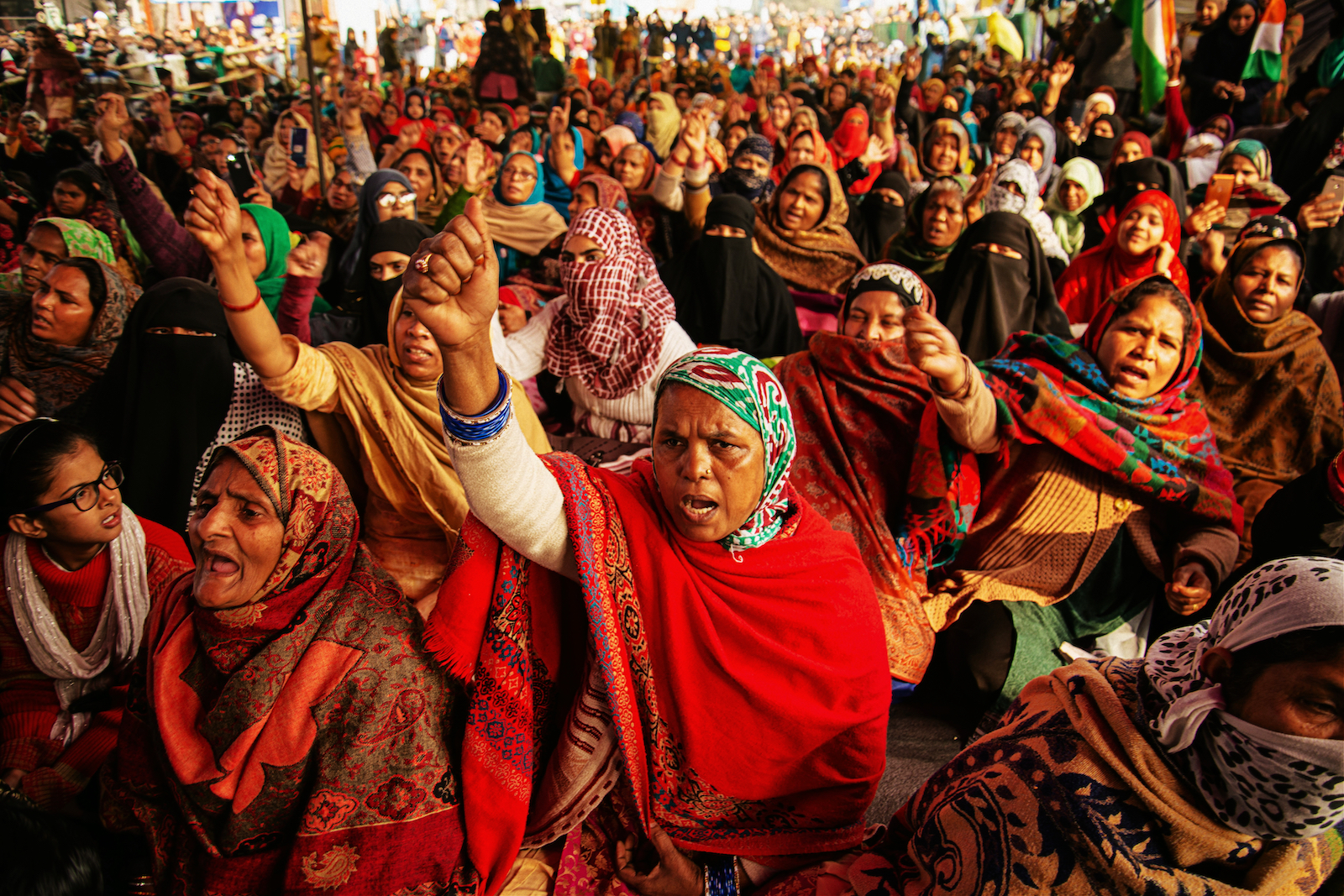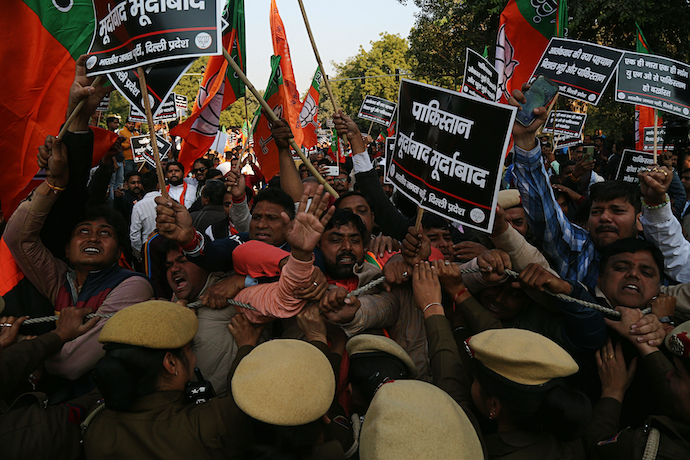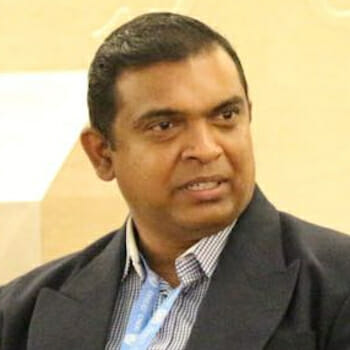
Dark Days for Human Rights Activists in India
On November 28, 2018, A.P. Jithender Reddy, a former member of the Lok Sabha, the lower house of India’s parliament, introduced legislation protecting human rights activists. Of interest is that in June 2019, Reddy switched party affiliation from the Telangana Rashtra Samithi Party to the right-wing Hindu nationalist Bharatiya Janata Party.
In 2018, he very clearly outlined that, “As the scope of human rights, socio-economic and ecological justice, and fundamental freedoms widens, and the role of human rights [activists] broadens, the number of attacks on them increases from both, the State and private entities. Since protection afforded to human rights [activists] has remained the same despite the evolution of rights, the bill seeks to recognize, promote and enhance the mechanism for the protection of those most vulnerable to the violation of their rights, the human rights [activists].” The bill unsurprisingly never became law.
One of the key concerns raised by human rights activists in India is their lack of rights and protections. Human rights activists are routinely targeted by Hindu nationalists, often with the blessing of authorities.
These attacks have increased and sharpened, especially against critics of the Bharatiya Janata Party (BJP) led government. Activists in India face a diverse range of attacks and harassment, including killings, rape, physical assault, arbitrary detention, threats, and judicial harassment. The police are often the perpetrators of violence against activists, which is usually carried out with impunity. Armed groups and private companies also target activists for work related to economic development projects and their impact on local communities or the environment.
Activists are increasingly the target of online smear campaigns by Hindu nationalists. Activists making use of the Right to Information (RTI) Act are liable to be killed, assaulted, or harassed for exercising their fundamental right to demand accountability from the government. Women activists are specifically targeted with gender-specific threats including killings, gang rape, or acid attacks. They are particularly vulnerable as the government routinely ignores their pleas for help.
More than 100 activists who have used the Right to Information (RTI) Act have lost their lives since 2011 in their fight for the most important currency of power – information. Hundreds more have been attacked all over the country for seeking a less corrupt government and a more ethical society.
Since 2018, protests focused on the Citizenship Amendment Act, farmer rights, or removal of Article 370 in Kashmir have led to mass arrests and unlawful incarcerations of activists under draconian laws. Further, spyware is often used to track down and plant material onto the laptops and mobile phones of activists and human rights groups.
The most recent Unlawful Activities (Prevention) Amendment Act, 2019 (UAPA 2019) has made it possible for the government to designate individuals as terrorists without following any formal judicial process. Protestors and detractors are often termed “anti-national,” aided by the press which kowtows to the government.

Amnesty International was compelled to close its offices after its bank accounts were frozen over an alleged violation of the Foreign Contribution Regulation Act.
Independent journalists who raise unconfortable questions are often targeted. According to reports, at least six journalists were killed, with 108 journalists and 13 media houses being targeted in the country in 2021 alone.
On October 8, 2020, the government arrested Stan Swamy, a Jesuit priest and tribal rights activist known for working to protect the rights of indigenous people. Swamy was reportedly charged with “waging, or attempting to wage war, or abetting waging of war, against the Government of India”; “conspiracy to commit offences”; waging war against the state; sedition; unlawful activities; terrorist acts; conspiracy; being a member of terrorist gang or organization; associating with a terrorist organization; and supporting a terrorist organization. He was the oldest person to be accused of terrorism at the age of 83. Swamy died in state custody.
In February, the UN Working Group on Arbitrary Detention released an opinion, declaring Swamy’s detention arbitrary and his death “utterly preventable.” Many other activists including Vernon Gonsalves, Arun Ferreira, Anand Teltumbde, and Sudha Bharadwaj stand accused of similar offenses.
The government has been unlawfully targeting activists through the use of overbroad national security laws and criminal laws, the International Commission of Jurists (ICJ) said in 2022.
This wave of targeting activists is reminiscent of the dark days of the “Emergency” when Prime Minister Indira Gandhi declared a state of emergency from 1975 to 1977. Activists argue that they are living in an undeclared emergency and there is an urgent need to adopt a bill that protects their rights.
There have been instances of activists making statements to the UN Human Rights Council and on return, they are quickly arrested like in the case of Thirumurugan Gandhi who was arrested on sedition charges in 2018 after his statement condemning the Thoothukudi massacre. In April 2022, well-known writer and activist, Aakar Patel, was denied permission to travel abroad to deliver a lecture.
Silencing, either through killings or arbitrary arrest, of human rights activists should never be the response of the authorities. If Narendra Modi wants to claim that India is a democracy, then he needs to back that claim up with action.
We cannot afford any more Narendra Dabholkar, Govind Pansare, M.M. Kalburgi, Gauri Lankesh, or Stan Swamy’s to lose their lives as they are too precious for the voiceless suffering masses of India.
